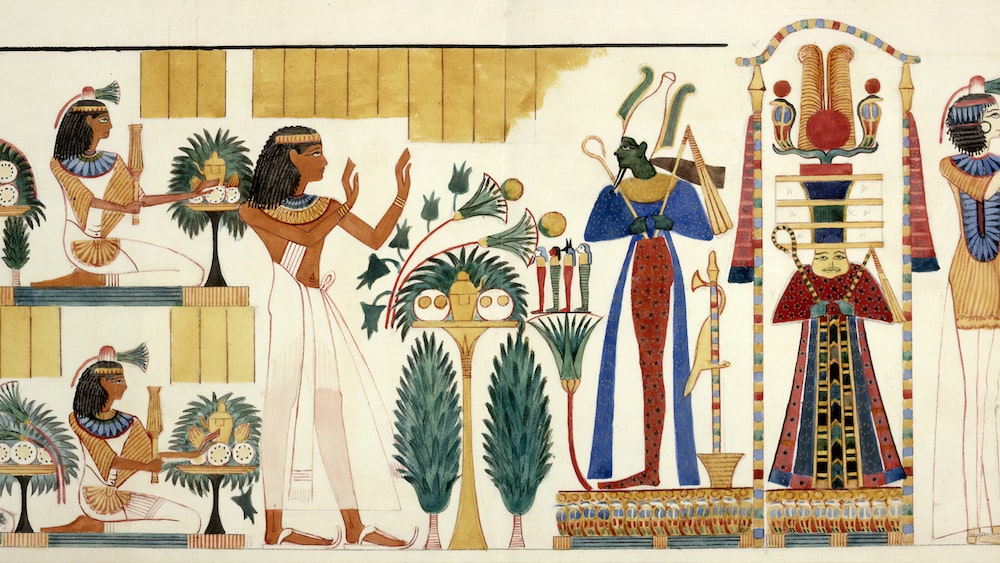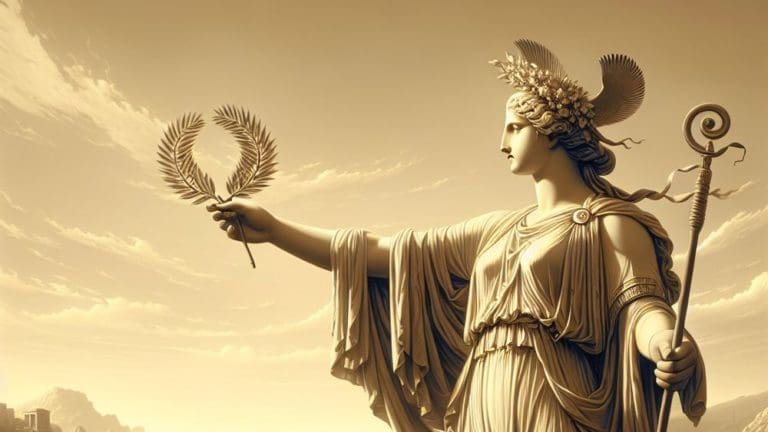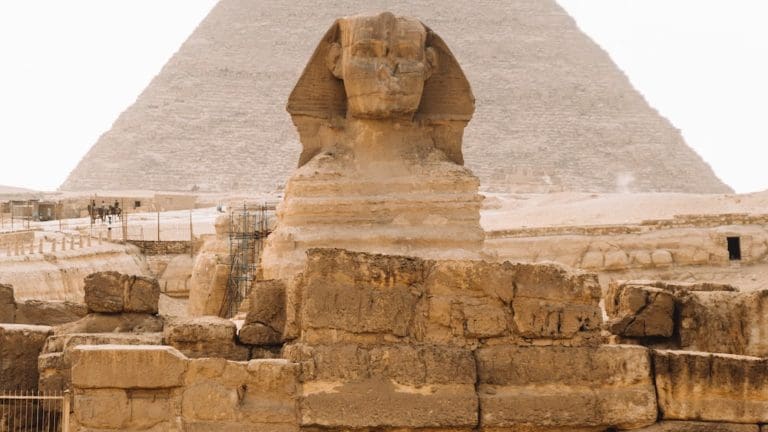Taweret Egyptian God Pronunciation: How To Say It Correctly
Taweret Egyptian God Pronunciation: How To Say It Correctly
Have you ever crossed paths with a term from the cryptic lexicon of ancient Egyptian mythology and found yourself utterly lost in the wilderness of its pronunciation? Every history enthusiast, amateur archaeologist, or passionate traveler has been there. One such enigma is the taweret egyptian god pronunciation. Ah, Taweret! The ancient Egyptian deity with the stature of a hippopotamus, invoking both awe and intrigue. This article promises an adventurous journey into the world of this fascinating deity and how to articulate her name correctly.
Our journey has two facets. Firstly, it will be a captivating reveal of the secrets of the past. And secondly, it will serve as a practical guide to articulating Taweret. We’ll dissect the pronunciation, guiding you through its enunciation one phonetic sound at a time. And while we may not completely replicate the ancient tongue, we will pronounce it in a way that historians, enthusiasts, and conversationalists today find informative and comforting.
Prepare to step into the sands of ancient Egypt, feeling the mystical joy that comes from the correct utterance of Taweret’s name, an echo of an immensely rich and revered culture. Shall we begin our expedition, fellow explorers?
Understanding Taweret
Before we dive into the phonetics of Taweret’s pronunciation, it’s essential to grasp the character and significance of Taweret herself. Grasping her essence might bring us one step closer to rolling her name off our tongue as the ancients might have.
Who is Taweret?
The lion roars, the crocodile snaps, and the fierce hippo―wait, a hippo? Yes, you heard right. Taweret isn’t a creature you’d typically associate with divinity. But in the spectrum of Egyptian gods and goddesses, Taweret is the protective deity of childbirth and fertility, often depicted as a bipedal female hippopotamus.
Taweret, or Taueret in some references, literally translates to ‘the Great One.’ A hybrid deity with the body of a hippopotamus, the tail of a crocodile, and the mane of a lioness, she cuts an imposing figure in ancient depictions. Despite her menacing appearance, she was adored as the protective deity of women and children, bringing vivid colors of motherly affection to Egypt’s fascinating canvas of gods and goddesses.
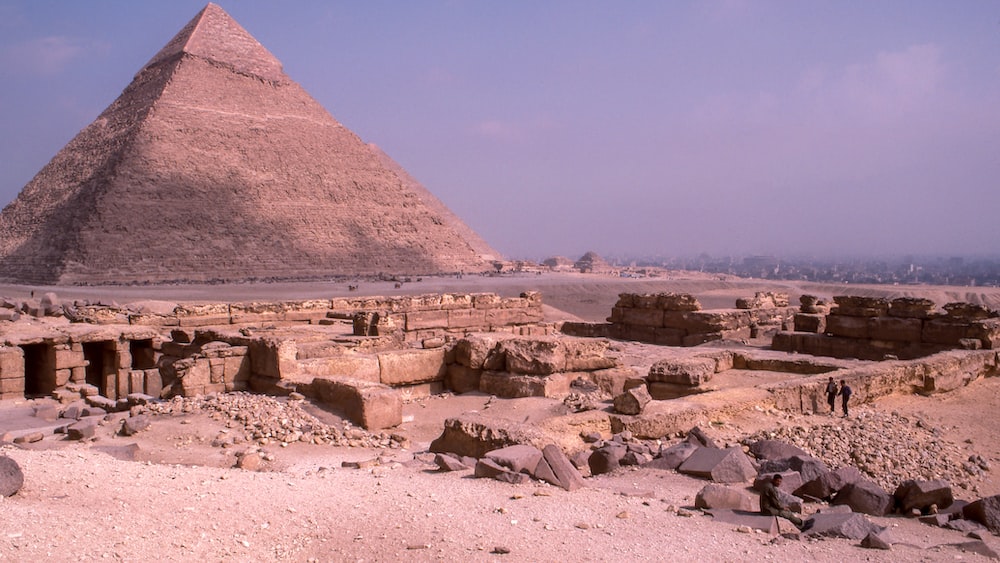
Imagine being an expectant mother in the boiling desert heat of ancient Egypt, finding comfort in the symbolic representation of Taweret. Her figure engraved on a small amulet, held close to your heart, offering a feeling of protection and hope for a safe childbirth. In the grand scheme of Egyptian mythology, Taweret, through her unfamiliarity, brings a distinct sense of familiarity and comfort.
Taweret, the protective deity of childbirth and fertility in Egyptian mythology, brings familiarity and comfort despite her menacing appearance as a hybrid creature.
The Significance of Taweret in Egyptian Mythology
In the elaborate tapestry of Egyptian mythology, Taweret’s unique weave binds the realms of the everyday and divine. Her role wasn’t perched on high, unreachable altitudes, but was comfortably nestled in daily Egyptian life.
Animistic in her origin, Taweret, like many Egyptian deities, is a supreme representative of human fascination with the living world. Manifested in the combination of three powerful animals – the hippopotamus, the crocodile, and the lion – she stood as a symbol of strength and protection. Amidst a pantheon of ornate crowns and jingling jewelry, Taweret’s simplicity and directness were refreshing and endearing to the Egyptian populace.
The Pronunciation of Taweret
The correct pronunciation of taweret egyptian god pronunciation, while somewhat elusive to modern tongues, can be mastered with a mix of phonetic understanding and cultural context. Let us break it down to understand better how to voice this ancient name.
Breaking Down the Pronunciation
Unlocking the correct taweret egyptian god pronunciation is essentially a matter of turning the lock three times: ‘Ta’, ‘we’ and ‘ret. Are you ready to take this bold leap across the pronunciation chasm?
Start with ‘Ta’, like the ‘ta’ in ‘taco’. You want your mouth to open wide, letting the ‘a’ note drop deep and full into the mix.
Next up is ‘we’, as in ‘wet’. A fluid transition, where you extend the ‘e’ to make it sound akin to ‘way’.
Finally, we have ‘ret’ – rhymes with ‘bet’. Employ a soft yet firm ending ‘t’ sound, completing the word with a confident conclusion.
Now, put it all together. “Ta-we-ret”. There you have it – the pronunciation key to unlocking the name of this ancient goddess. By artfully combining these discrete sounds, we reach the near authentic pronunciation of ‘Taweret’ that even a high priestess from ancient Egypt would acknowledge.
Common Mispronunciations and How to Avoid Them
It’s quite common for people to stumble on the correct Taweret Egyptian God pronunciation, often mispronouncing it as ‘Tay-wer-et’ or ‘Tawq-er-et. Here’s how you can avoid these mistakes. The correct pronunciation is ‘Taw-ret’ with a short ‘a’ as in apple, and emphasis on the second syllable which sounds more like ‘ret’ rather than ‘eret’.
Another common stumbling point is the ‘r’ sound in ‘Taweret’. Many English speakers may be tempted to pronounce this like the ‘r’ in ‘run’. However, in the original Ancient Egyptian, it was likely more rolled, similar to the ‘r’ sound in Spanish or Italian.
When we look at the pronunciation of ‘Taweret’, it’s also crucial to remember that Egyptian is an ancient language and pronunciations can vary across regions and time periods. So, always take pronunciation guides with a grain of sand, and respect the variations that exist. It’s the curiosity and passion for understanding that truly counts in this journey through the sands of time.
The correct pronunciation of the Taweret Egyptian God is ‘Taw-ret’ with a short ‘a’ as in apple, and emphasis on the second syllable which sounds more like ‘ret’ rather than ‘eret’.
Taweret in Popular Culture
While the mysteries of Ancient Egypt may sit beneath the sands, the fascination with its gods and goddesses, particularly Taweret, is far from being forgotten. This iconic figure straddles the past and the present, as she finds her way into various forms of popular culture, cementing the importance of understanding the correct Taweret Egyptian God pronunciation.
References to Taweret in Movies and TV Shows
Building on her appeal, Taweret made her way from steles and papyri into the fascinating world of modern media. For instance, Taweret has been featured in the popular television series, ‘Lost’. Here, an ancient statue of Taweret becomes the center of many plot twists and turns.
Moreover, Taweret’s intriguing representation made a notable appearance in ‘The Mummy Returns’, as well as the animated series ‘Tutenstein’. The correct Taweret Egyptian God pronunciation (‘Taw-ret’) becomes crucial in these settings, as understanding and articulating her name correctly only enriches the viewing experience.
Beyond the silver screen, Taweret continues to captivate audiences in various TV documentaries, such as ‘Egypt’s Unexplained Files’ and ‘The Real Story of…’. These enlightening shows delve deep into Egyptian history, often highlighting Taweret and her significant role.
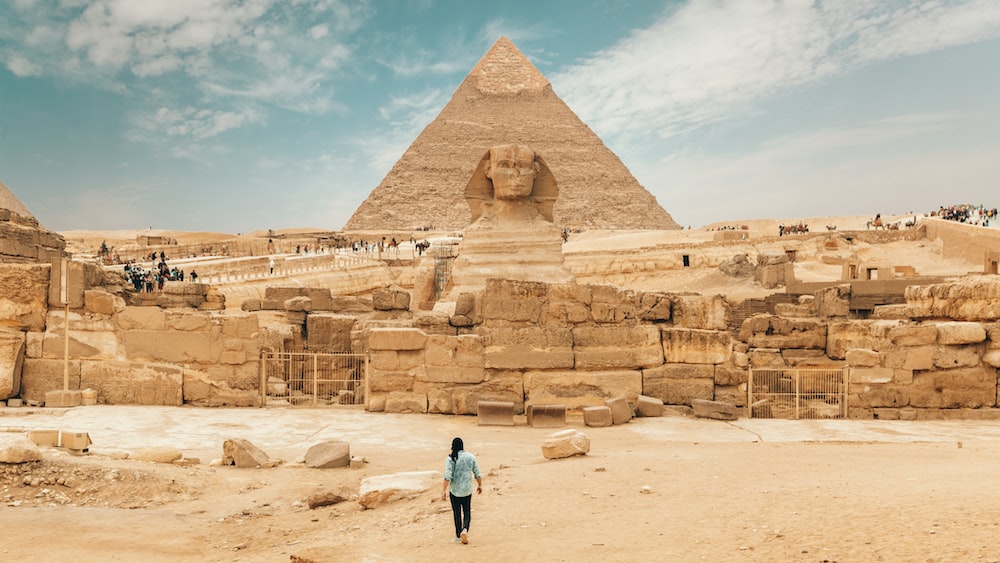
Taweret in Literature and Art
Stepping away from the world of televised media, let’s wander into the realm of books and art, where Taweret also enjoys a significant presence. In Rick Riordan’s novel ‘The Throne of Fire’, Taweret emerges as an entity whose correct pronunciation plays a critical role in the plot.
Additionally, Taweret has been beautifully depicted in artistic creations across the globe. From Egyptian-themed murals expressing an ensemble of vibrant mythologies to unique sculptures in museums, Taweret remains an ongoing source of inspiration.
It is through such modern reproductions that the past comes alive, allowing us an insight into the world that once was. Ensuring accurate pronunciation when discussing ‘Taweret’ in these contexts promotes deeper appreciation and understanding of the mythical landscape of Ancient Egypt.
FAQs
1. Why is the correct pronunciation of Taweret important?
The importance of pronouncing Taweret correctly is multi-fold. Foremost, it’s about respect. Just as we value the correct pronunciation of a person’s name, so we should honor the names of deities, especially those steeped in such rich cultural heritage as that of ancient Egypt. Beyond this, correct pronunciation offers a portal into the past, fostering better understanding and appreciation of the fascinating world of Egyptian mythology.
2. How did the ancient Egyptians pronounce Taweret?
The ancient Egyptians most likely pronounced Taweret somewhat differently from our current interpretation. Given the complexities of the ancient Egyptian language, and the absence of vocal recordings, it’s quite challenging to determine the exact pronunciation. However, linguistic reconstructions suggest it might have been sounded as “Ta-wer-et”. Remember, this represents our best scholarly guess based on available research.
3. Are there other common mispronunciations of Egyptian deities?
Yes, there are indeed other common mispronunciations relating to Egyptian deities. For instance, Anubis – often mispronounced as “a-NOO-bis” when it should be “A-noo-bis,” and Isis, which is frequently pronounced as “EYE-sis” rather than the more accurate “EE-sis.” These mispronunciations commonly arise due to the anglicisation of ancient Egyptian names and the intricacies of transliteration.
4. Where can I learn more about Egyptian mythology and pronunciation?
If you’re eager to delve deeper into Egyptian mythology and pronunciation, myriad resources await. Online platforms such as The Metropolitan Museum of Art’s website, and books like “The Complete Gods and Goddesses of Ancient Egypt” by Richard H. Wilkinson, provide rich content. YouTube also hosts numerous tutorials on Egyptian deity pronunciations. Remember, the journey of learning is as exciting as the knowledge gained.
Conclusion
And there you have it! Our journey through the twisted corridors of time, brushing off the dust of millennia, to uncover the secrets of the taweret egyptian god pronunciation.
We have explored the intricacies of pronunciation, danced with deities through the aisles of ancient Egyptian mythology, and hopefully set some poor pronunciation right. In all our endeavors of understanding, let’s remember – every correctly pronounced name is a nod of respect to a civilization that, although long gone, continues to fascinate us with its complex pantheon and compelling mysteries.
Savor this quest, intrepid knowledge seekers, and remember that history is not merely ink on papyrus but a living, breathing entity that flows through time, awaiting the touch of the curious. Until we meet again on our journey through the sands of the past, travel well and keep the spirit of discovery aflame.
With warmth and respect, Cedric

